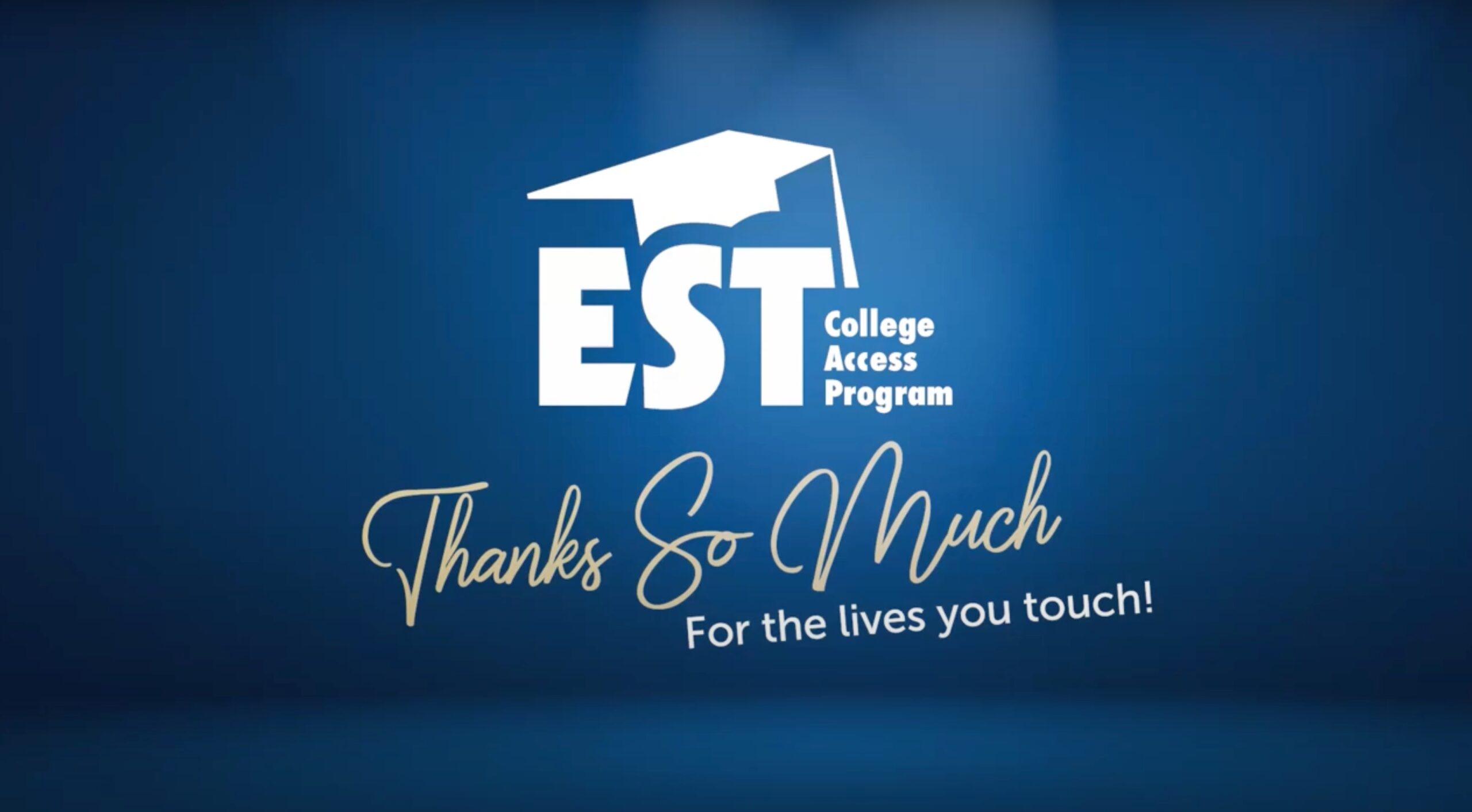EST is a disrupter in the educational services industry, creating a transformational path to higher education that overcomes systemic, institutional, societal, and economic barriers. We identify first-generation college hopefuls in California who dream big, but lack the direction or financial resources to make those dreams happen without assistance. Some of our students are foster youth and low-income. Others are children of the working poor or are members of households that live beneath or at the poverty line. We have students who work and are providing support for their single parents. These young people are a part of the 86% of Americans who cannot afford college. No matter the reason - they all want success - and it’s our job to help them realize their dreams.
“My parents, my grandparents, and my great-grandparents all lived in poverty. I’ll be the first in my family to earn a college degree and break the cycle."
- Isaiha Thomas
Inspiring Hope
We inspire hope in students who want to excel. Our work starts in high school and extends beyond college graduation to post-graduate school, and workforce assistance. By forming long-term relationships with students, we nurture their growth and help them succeed by providing extensive, one-on-one wraparound services, including college advising, application coaching, entrance exam preparation, financial literacy classes, college tours, and more.
The Problem
According to the Pew Charitable Trust, when foster youth leave high school and do not enroll in college, within two to four years, many experience unemployment, go on public assistance, battle homelessness, or become involved in the criminal justice system. The outcomes for foster youth who do attend college are equally as direr. Less than 3% of former foster youth ever graduate from college without the support of a warm and caring individual.
According to the National Center for Education Statistics, colleges and universities continue to struggle to graduate low-income students. While 66% of the wealthiest students complete their studies and graduate, only 16% of low-income students graduate from college.
The Solution
Create an equitable high school-to-college and career pipeline.
College Readiness
Financial Assistance
College Essay Writing Assistance
Other Provided Services
Noteworthy Achievements
How We Help
EST has cracked the code on what it takes to help foster and high-achieving low-income youth earn merit-based scholarships to pay for college.

